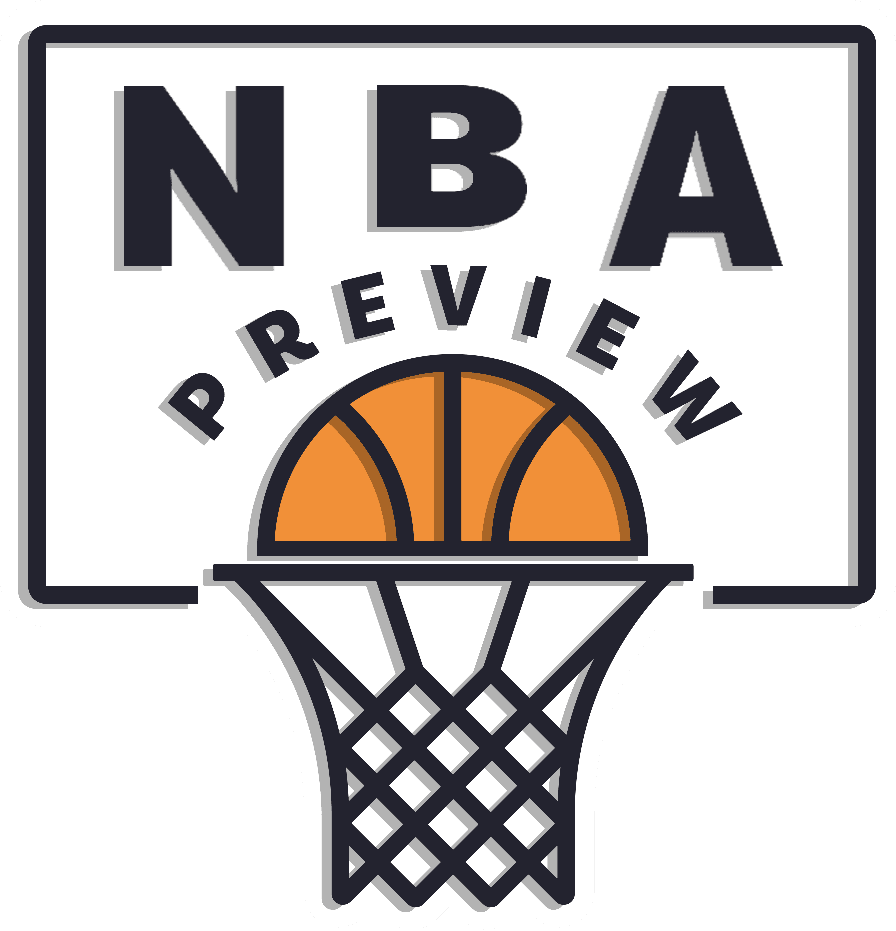Jimmy Butler switches often on defense during games, but he switches in the offseason, too. Last week he requested a trade from Minnesota with three destinations in mind: Los Angeles (Clippers), Brooklyn, and New York. However, Marc Stein reported on Wednesday that Miami is now at the top of Butler’s list, and that Butler and his agent have told Timberwolves owner Glen Taylor as much.
Because Butler can enter unrestricted free agency next summer, he has more leverage than a player with multiple years remaining on a deal would. He doesn’t have a no-trade clause, but it’s likely that only teams Butler wants to play for will be interested in trading for him, since he’ll be able to leave town next summer if he isn’t happy.
One factor that will incentivize Butler to stay with his next team is that that franchise will retain his Bird Rights. Whichever team Butler plays for next season will be able to offer the 29-year-old a five-year, $190 million maximum contract next summer; every other franchise will be able to offer, at most, a four-year, $141 million deal.
There’s a distinct difference between Butler’s original trio of teams and Miami: The Heat are stuffed to the brim with contract obligations, while the Knicks, Nets, and Clippers will have ample space in the near future to add other pieces. New York has padded its current roster with one-year deals; not including players on rookie deals, only Tim Hardaway Jr. will be on the 2020-21 payroll. Brooklyn and Los Angeles are practically Build-a-Teams, with each projecting around $70 million in space this coming July. You’re too easy to read, Jimmy—the hypercompetitive wing wants to sign a five-year max deal and then surround himself with a superstar cast capable of downing Golden State.
Miami has the pieces to sell the Wolves on a trade, but not the cap space to sell Butler. After last summer’s signing frenzy, the Heat won’t be under the cap until 2020. So, to get the deal done, Miami will need to offload salaries onto Minnesota. But president and coach Tom Thibodeau is already skeptical of letting Butler go. Stein reported that it’s been “hard to get Minnesota to clearly communicate” with potential trade partners. During media day, which Butler skipped, Thibs oozed reluctance.
“I made it clear to Jimmy that we have to do what’s best for us,” he said. “If there’s a deal and it’s not good for us, we’re not interested. If it’s good for us, then we’re interested. It may not be a team that you feel you wanted to go to.” (Taylor is open to moving on, which is ultimately what matters.)
If Pat Riley gets his cake and eats it too, he’ll keep Josh Richardson, Justise Winslow, and Bam Adebayo out of the conversation. That leaves Miami able to offer only longer, weighter contracts like Hassan Whiteside’s remaining two years and $52 million. (Surely that can’t be what Thibs envisioned is “best for us” on a team already with Karl-Anthony Towns and zero 3-point threats.) But Riley’s been superstar-hunting since LeBron James left town in 2014, and his trade-savvy is unmatched. “You always want to improve the team in certain ways,” Riley said in July, after a transaction-less summer, “but also you want to stay the course. … The most important thing that can happen with that team organically is you improve.” Organically—like leeching a top two-way wing via forced trade.
